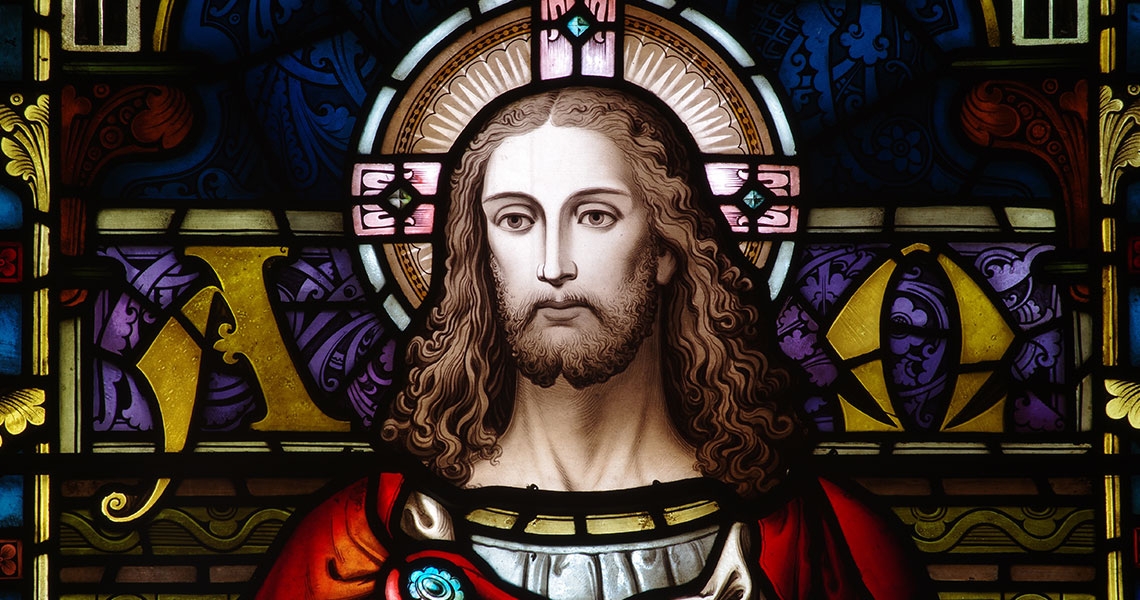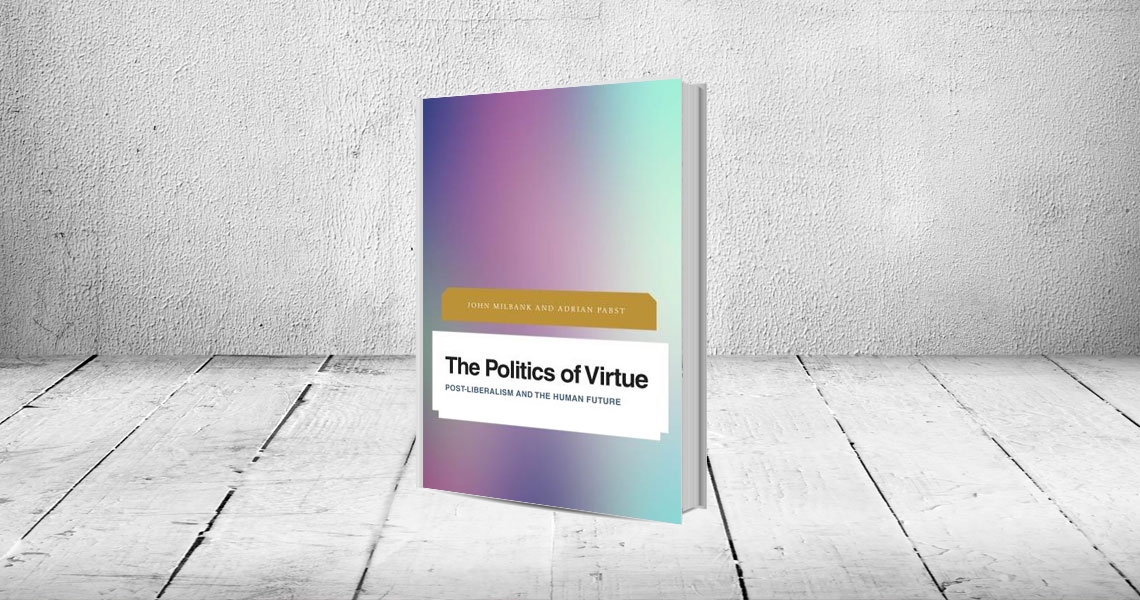
A strongly Christological Trinitarianism dominated much of twentieth-century theology. In current academic theology, however, there is more talk about God and religion than about Jesus Christ as such. Compared to, say, the 1970s and 1980s, relatively few books in Christology have been published during the last 20 years. This chapter discusses two very different versions of this development.
First, the issue of the many religions has become a central issue for systematic theology. This has placed generic God-language and religious experience at the center of much Christian theology rather than the supposedly more particularistic Christology.
The second noteworthy trend is a recovery of classical theism, connected with a more general renaissance for Platonic and Aristotelian metaphysics, in contrast to the Christological concentration of twentieth century theology.
Possible reasons for this latter development may include the relocation of the center of academic theology from the German- to the English-speaking world, and from Protestant to Catholic theology, including a renaissance for Thomistic thinking. It may also be connected to wider shifi:s or tendencies in academic culture away from radical historicist, pragmatist, social-constructionist, and "postmodern" theories towards more realist and "essentialist" approaches informed by the natural sciences.








Kommentera